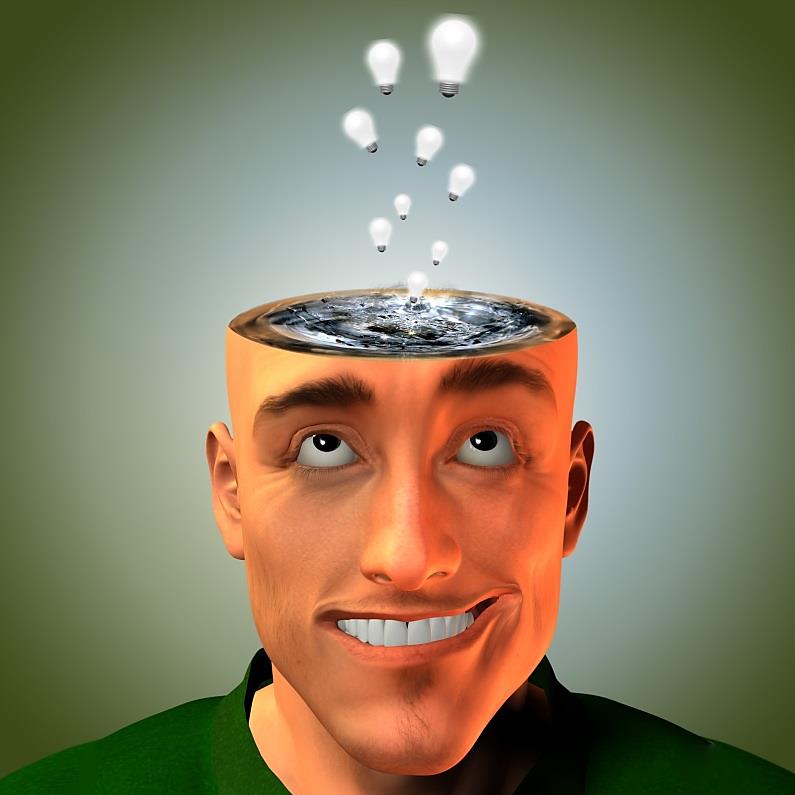Does Drinking Water make you Smarter?
Quite simply, yes, it does. How so, you ask (with a healthy lean towards scepticism)? Well, it’s like this:
Every single organ in our bodies relies on being hydrated (i.e. water) to function; this includes the brain.
While you may not realize it, dehydration causes more than just thirst. Water plays an important role in the function of our cells, tissues and organs. Water transports oxygen to the brain, which allows it to communicate important messages to the rest of the body. Even the slightest lack of hydration can reduce your concentration and impair your ability to think clearly and perform well.
Water plumps up our cells, every single last little man jack of them. Think of the benefit of water in terms of when you have dry skin. It becomes shrivelled and crêpe-like the more dehydrated you are. Look at what happens when you rehydrate – your skin becomes noticeably more plumped up, smoothed out and more elastic.
Now picture this example in terms of at a microscopic level – imagine your brain cells lying all flat and sad looking, like a person in a desert, dragging themselves along, trying to function with their body’s resources depleted. They then see an oasis and manage to drink from it. Skip forward in time and that same sad looking, flattened out individual has been transformed into a fully functioning, walking, talking and much happier person all round. The same goes for your cells.
Ergo, our brains depend on proper hydration to function optimally. Brain cells require a delicate balance between water and various elements to operate, and when you lose too much water, that balance is disrupted. Your brain cells lose efficiency.
Years of research have found that when we’re parched, we have more difficulty keeping our attention focused. Dehydration can impair short-term memory function and the recall of long-term memory. The ability to perform mental arithmetic, like calculating whether or not you’ll be late for work if you hit snooze for another 15 minutes, is compromised when your fluids are low.
Over the course of a typical twenty-four hour period, the longest spell most of us go without fluid intake is the six to eight hours we spend sleeping. Sleeping is hardly the kind of activity that you sweat over, but that doesn’t mean you’re not losing water during the night. With every somnolent breath, you expel moisture, and the cumulative effect of a night’s sleep is to dry out.
This may sound like a tome of doom and gloom, but really, if you think about it, it really isn’t. In general, our nearest water source is a small reach or just a few steps away and that’s such good news.
If you want to test the theory, dearie, (I’m not suggesting that you purposefully dehydrate yourself), as you may already know that you probably aren’t drinking enough water daily, or you’re feeling sluggish or don’t have much get-up-and-go; why not try up your water intake? Take your own water bottle to work, replenish from your water cooler often, drink water when you arrive home. You’ll be amazed by the differences and it won’t take too long either if you stick with the ‘hydrate me, myself, I’ campaign.
Before long the only thing that’ll be flattened is that pile of work at your desk and all your paperwork at home. Cheers.

